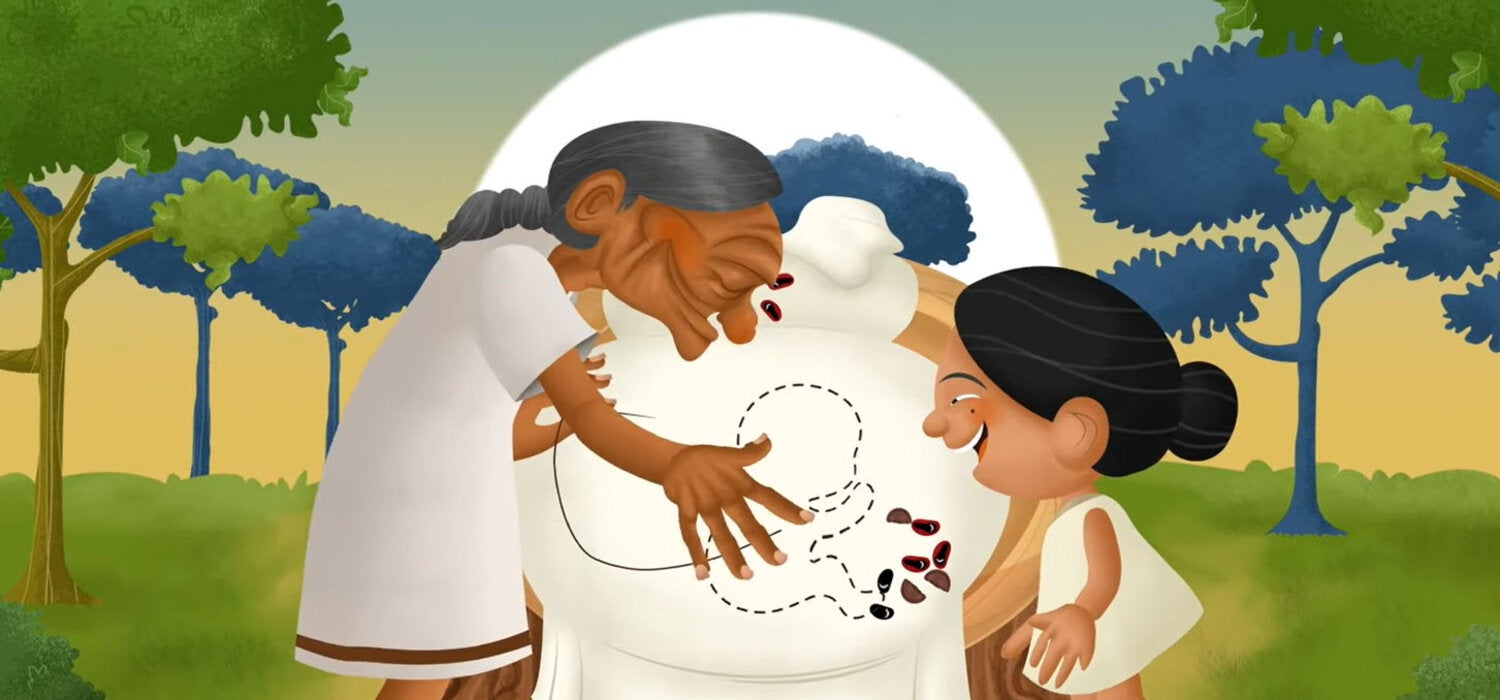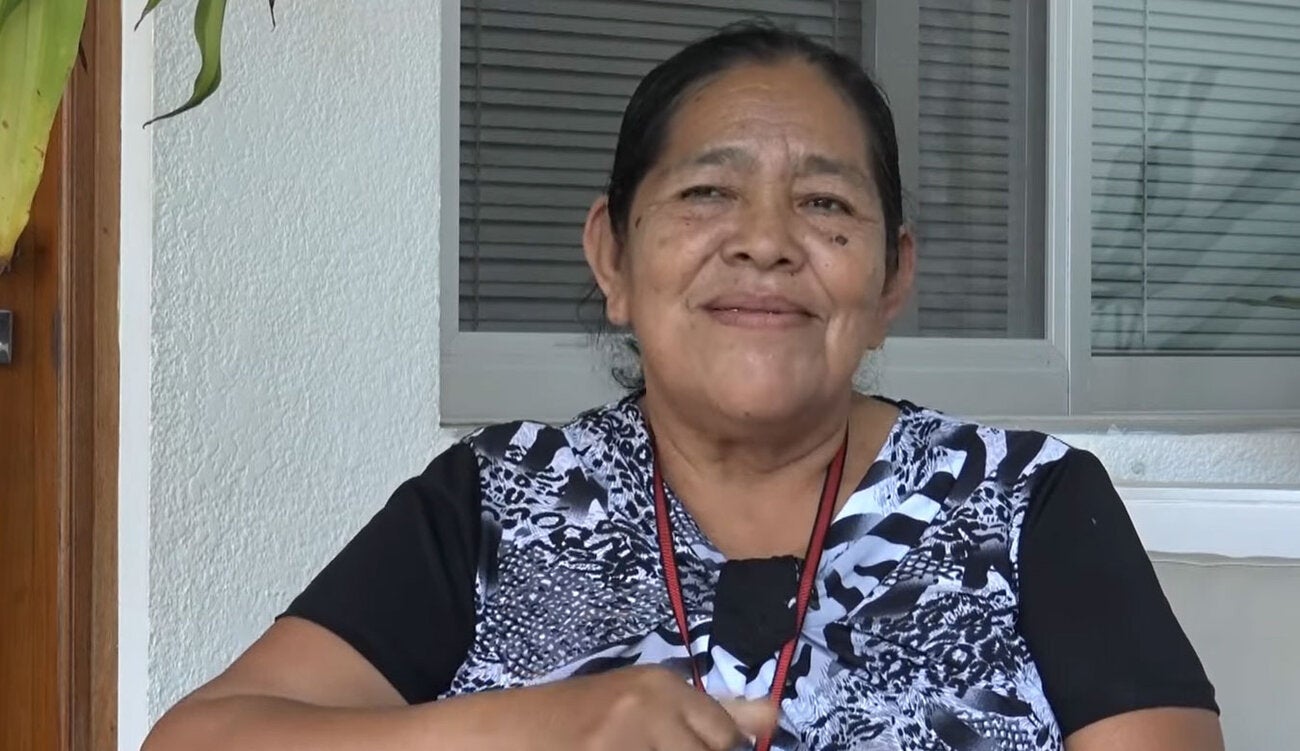May 2022
Background
For years, the traditional midwives of Bolivia’s 36 nations and indigenous territories have used traditional medicine practices together with conventional medicine to bring life into the world with quality and warmth, with respect for interculturality.
Traditional medicine is an integral part of the Plurinational State of Bolivia’s Political Constitution and its National Health System. The national policy “Family Community Intercultural Health” (SAFCI) includes concepts of traditional medicine as a way of revaluing and integrating it into the public health agenda as a "new way of doing health". This model of care allows healthcare staff to reach the population with an approach which includes dialogue, respect and recognition of different sets of knowledge. The approach makes connections between bio-medical approaches and traditional medicine, thus constituting a single, universal, intercultural community and inclusive health system that addresses Bolivia’s diverse health issues.
The Bolivian government’s valuing of traditional midwives in indigenous communities contributes to universal access by providing rights-based sexual and reproductive health services that contribute to the reduction of maternal deaths and ultimately improve women's health.


